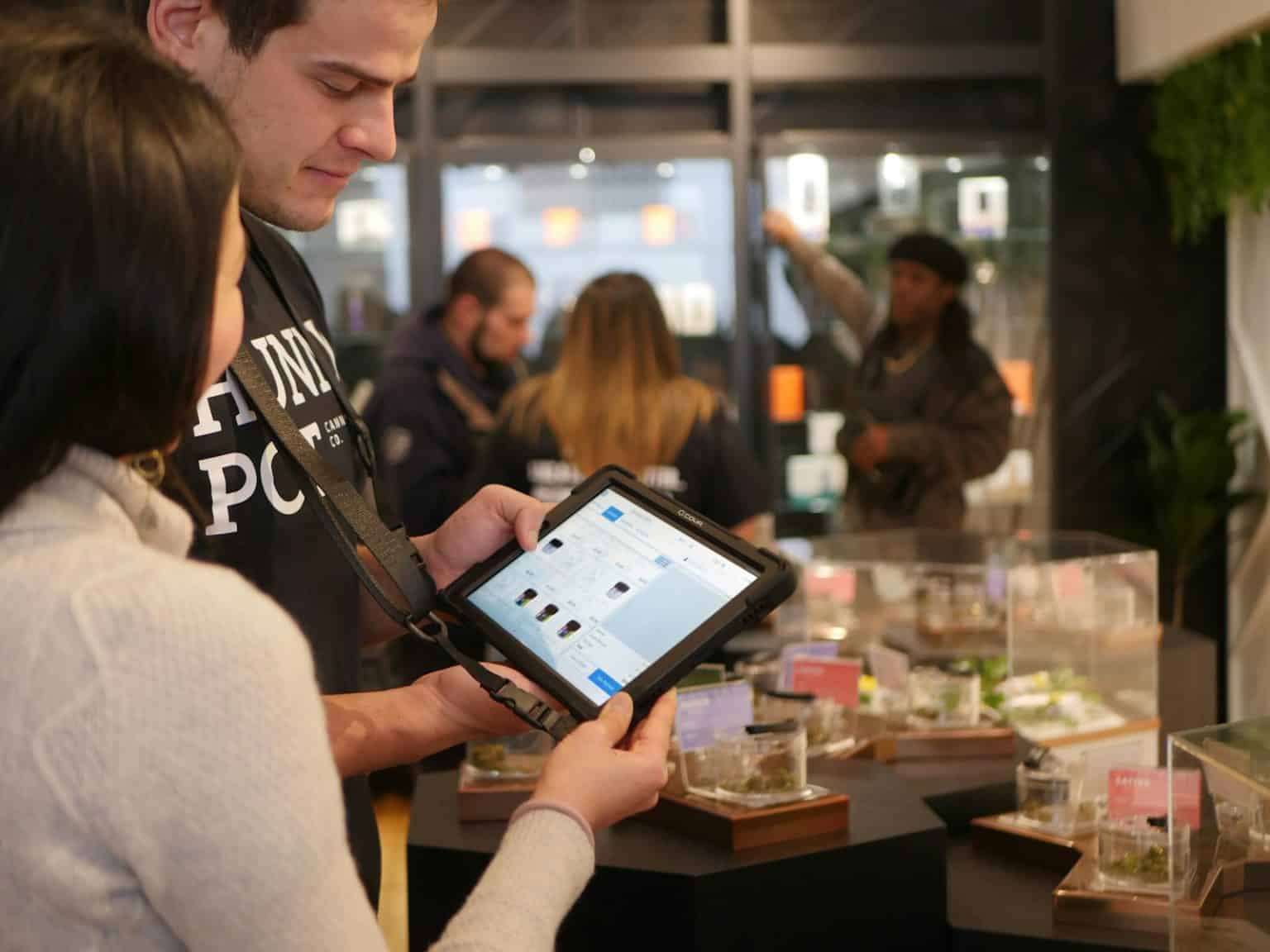Businesses hoping to weather the economic downturn by cutting back on customer service or abandoning their environmental and social commitments may find themselves penalised by consumers, according to new research from management consultancy Baringa.
The survey, which polled 6,028 consumers globally, including 1,002 in the United Kingdom, revealed a significant shift in consumer priorities. Nearly four in five (79%) of UK respondents stated that during the current economic downturn, they are more likely to purchase from companies they perceive as “kind”. Only 6% indicated that economic hardship would make them less likely to buy from such businesses, with price being their sole concern.
A striking 80% of UK respondents said they would avoid purchasing from a company that had recently laid off large numbers of staff, with 40% willing to pay more to do so. Similarly, 54% of UK consumers said they would accept higher costs to avoid companies known for mistreating their staff, and 53% would pay a premium to avoid businesses that poorly treated their suppliers.
Guy Dent, a partner at Baringa, commented: “The assumption is that when times get tough, ethical choices become a luxury, and people make decisions based on price. However, the increased awareness of unkind business practices might be changing this. As we face a potential recession, more people are prepared to take a financial hit to support kind firms, often as an act of solidarity.
“The lesson for companies in recession is that reputation and ethics should be weighed alongside traditional concerns such as cost. Abandoning environmental and social commitments, lowering customer service standards, switching to unscrupulous suppliers, or cutting staff unfairly might improve your balance sheet today, but could damage your sales tomorrow.”
The research suggests that consumer attitudes towards unethical businesses may have shifted due to the emergence of a generation of consumers who entered the economy post-2008 financial crisis. Among the economically active “Gen Z” (ages 16-24) in the UK, over three in five (62%) have refused to buy a product or service in the last two years because they felt a company was unkind, compared to just over two in five (42%) of those aged 45-54.
Half of all UK consumers surveyed reported they were more likely to buy from a company they considered “kind” to help these firms succeed during the economic downturn. Additionally, 45% said supporting kind businesses is more crucial than ever in the current economic climate to consider the impact of their actions.
Guy Dent added: “There is a school of thought, dating back to economist Milton Friedman, that the primary goal of business is to make money. However, in today’s connected age, where the consequences of business decisions are instantly transmitted worldwide, people are quicker to make moral judgements and act on them. The smartest companies will increasingly incorporate a review of the ethics of their actions into their planning. They should do this for self-interested reasons; unkind firms will be increasingly punished by consumers.
“In the UK, Google searches for the term ESG (Environmental, Social, and Governance) have risen almost eightfold over the past decade. Ethical company structures such as B Corporations have grown significantly; the first UK B Corp appeared in 2015, and now there are more than 1,300 in the country. This indicates a heightened awareness of ethical issues when making purchases, a trend that will persist even during a recession.”
While British consumers expressed significant support for kind firms, the UK was only mid-table internationally. The country where consumers were most likely to have refused to buy from an unkind company was Switzerland, with 70% of respondents having done so in the past two years, followed by Germany (68%), Australia (65%), and Singapore (63%). The UK figure stood at 50%.
Moreover, 48% of UK consumers said they sometimes consider the behaviour of a company or its leadership while making a purchase, whereas 26% reported always doing so, compared to 48% of Americans, 35% of Australians, and 32% of Germans.
Jon Fletcher, founder of the Big Clean Switch, one of many firms consulted in Baringa’s research, said: “Rigid, inflexible businesses are poorly placed to adapt to a rapidly changing world, new competitors, or shifting consumer behaviours. Ultimately, it’s the businesses that ask difficult questions, support their people in meaningful ways, and look to the future that will survive and thrive. In short, kinder businesses prosper.”

